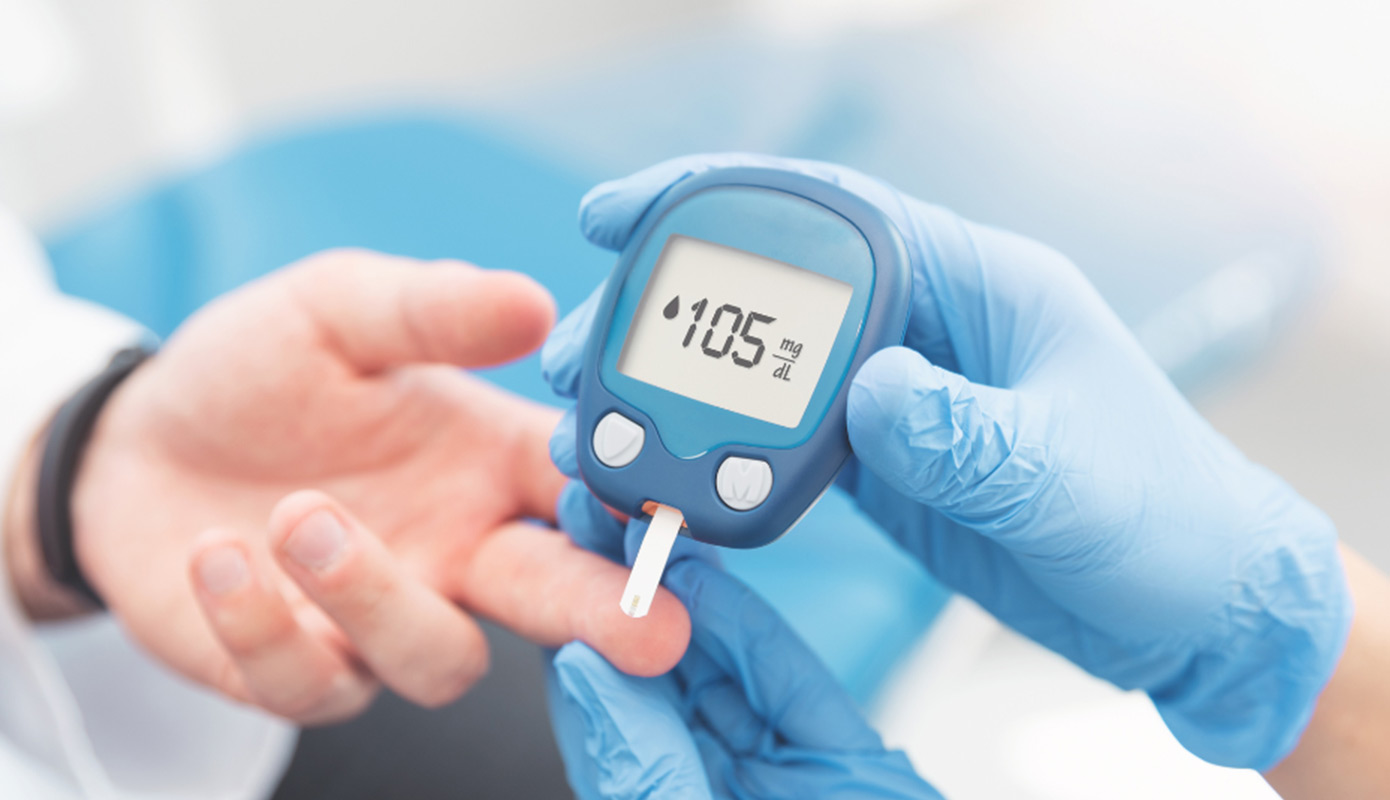Millions of people around the world live with diabetes. Diabetes is a group of metabolic disorders with increased blood sugar levels over a prolonged period. Figures from 2021 show that around 10% of the global population suffers from diabetes, and since it is often linked to obesity, those statistics look likely to rise as obesity rates increase.
Whether you’re a sufferer or not, it’s important to understand the causes and symptoms of diabetes, so that you can get yourself or a family member checked out if you spot the signs. With greater awareness of the condition and careful management, many diabetics can lead a perfectly healthy life and may even send the illness into remission.
What causes diabetes?
You might have heard people talking about type 1 and type 2 diabetes, and be unsure of the distinction between the two. Type 1 diabetes is where the body’s immune system attacks and destroys insulin-producing cells.
Insulin is a hormone made by the pancreas, which helps your body use up glucose for energy. People with type 1 diabetes produce insufficient insulin, which means it must be injected in order to control blood sugar levels. Overall, type 1 diabetes is almost always diagnosed in childhood.
Type 2 diabetes is far more common, making up around 90% of all cases of diabetes. In people with type 2 diabetes cells don’t respond normally to insulin. Your pancreas secretes more insulin to try to get cells to respond to insulin. Eventually pancreas can’t keep up and your blood sugar level rises making you prediabetic and later Type 2 Diabetes. Hence monitoring for blood glucose levels is important in these cases.
Type 2 diabetes can manifest at any point in the course of your adult life, but there are certain factors which make it far more likely you will develop the condition. While there may be a family history of diabetes, it’s more commonly caused by a sedentary lifestyle and obesity. People who don’t do much exercise and have a higher BMI are far more likely to develop type 2 diabetes in adulthood.
What are the main symptoms of diabetes?
- If you or a family member have any of the following symptoms, then it’s best to get checked by a doctor:
- Increased urination, particularly at night time
- Increased thirst
- Feeling more tired than normal
- Losing weight without trying to
- Genital itching or thrush
- Cuts and wounds taking longer to heal
- Blurred eyesight
- Increased hunger
Remember, no two people are the same and you may find you have only one or two of these symptoms. Just because you do have symptoms, that doesn’t necessarily mean you have diabetes and it’s worth seeking professional advice to find out either way.
These symptoms can present in both adults and children, and can sometimes come on very quickly. The simplest advice is, if you have any concerns, book an appointment with your doctor.
What are the risks of diabetes?
If diabetes goes unchecked, it can lead to several long-term health conditions or even death. Among the most common health problems faced by people with unmanaged diabetes are:
- Eye problems including retinopathy, which leads to blindness. This can be treated and sight loss prevented if it’s picked up quickly enough.
- Foot problems, where nerve damage affects sensation in your feet, causing tingling, pain or reduced sensations in feet.
- Increased risk of heart attacks and stroke, due to increased blood sugar damaging the blood vessels.
- Kidney problems due to damaged blood vessels. Diabetes is one of the leading causes of Chronic Kidney Disease.
- Gum disease and other mouth problems, as increased sugar leads to gum infections.
- Higher risk of developing certain types of cancer.
- Sexual problems in women, including a loss of sensation in your sexual organs and an increased risk of urinary tract infections (UTIs).
- Sexual health problems in men, including erectile dysfunction.
How can diabetes be managed?
The good news about type 2 diabetes is that it is reversible in many cases, if you commit to improving your lifestyle. Sometimes people need medication to help them manage their condition, with drugs such as metformin and others. This is something your doctor will discuss with you.
For the majority of people with prediabetes, no medication is required if they begin to exercise more and consume a healthier diet. Following a more well-balanced diet that is lower in salt, sugar and processed foods can put diabetes into remission, especially if you’re moving about more and losing weight in a healthy way.
Book to see your doctor
If you have any of the symptoms of diabetes, the best thing to do is contact your doctor and book an appointment. They will be able to diagnose the condition and put you on the right track for managing your condition. With the right support, you can continue to lead a normal life and may even be able to beat the illness.
At Dubai London Hospital, we have medical professionals who are experts in treating all forms of diabetes. To get yourself checked out, simply get in touch today and book your appointment.




